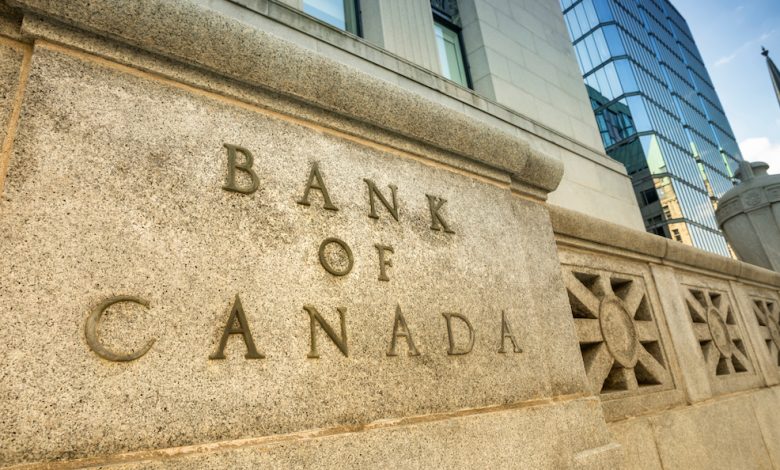
Canadians Worry They Can’t Afford More Hikes
Canadian households are feeling increased stress due to mounting debt as they approach the upcoming interest rate decision by the Bank of Canada, as reported by the MNP Consumer Debt Index.
This quarterly survey by the insolvency firm assesses Canadians’ sentiments about their debt management capabilities. The latest report, released on Wednesday, offers a mixed perspective, with concerns about coping with future interest rate hikes and some signs of improvement in handling higher interest expenses.
Approximately 28% of respondents noted that their ability to manage an additional percentage point of rate hikes had deteriorated compared to the previous quarter. Put differently, 37% of respondents mentioned they couldn’t absorb an extra $130 in interest payments on their debts, in contrast to 32% in the previous survey.
The MNP Consumer Debt Index relies on Ipsos polling of over 2,000 Canadians conducted between September 5-8, 2023.
Over half of those polled expressed that they are within $200 or less of being unable to meet all their financial obligations, according to MNP.
The survey reveals that Canadians now have an average of $674 remaining at the end of the month, which is nearly $100 less than the previous quarter.
This MNP debt survey follows the Bank of Canada’s significant increase in its benchmark interest rate by 4.75 percentage points since March 2022, which considerably raised the cost of borrowing for various financial products, including credit card debt, specific loans, and mortgages.
However, despite this rapid tightening of monetary policy, the survey also suggests that most Canadians are finding it somewhat easier to manage their debt responsibilities.
The MNP Consumer Debt Index has seen a slight improvement to 86 points, up three points from the previous quarter but still below the five-year average.
Canadians are feeling slightly more optimistic about their ability to pay down debt, with 60% stating they are in financial trouble, a decrease of three percentage points from the previous quarter. Additionally, the number of people regretting their debt levels decreased to 45%, down seven percentage points compared to the previous quarter.
In a statement accompanying the survey’s release, MNP president Grant Bazian attributed the improved debt outlook for households to the robust labor market. Canadians have seen their average hourly wages increase by more than five percent annually in recent months.
However, Bazian cautioned that recent signs of economic cooling could put an end to this financial relief for households, as higher interest rates may result in increased unemployment.
In recent days, several companies, including LinkedIn and Scotiabank, have announced layoffs, further adding to economic uncertainty.
For Canadians concerned about the potential of future interest rate hikes, there may be some relief if current forecasts for the policy rate remain accurate.
Signs of an economic slowdown, along with weaker inflation data and a pessimistic outlook among businesses and consumers in the Bank of Canada’s recent surveys, have led many economists to expect that the central bank will maintain the current interest rate at its decision on October 25. Money markets have also scaled back their expectations for a rate hike next week following Tuesday’s inflation data, which indicated a return to easing price pressures in September.








































